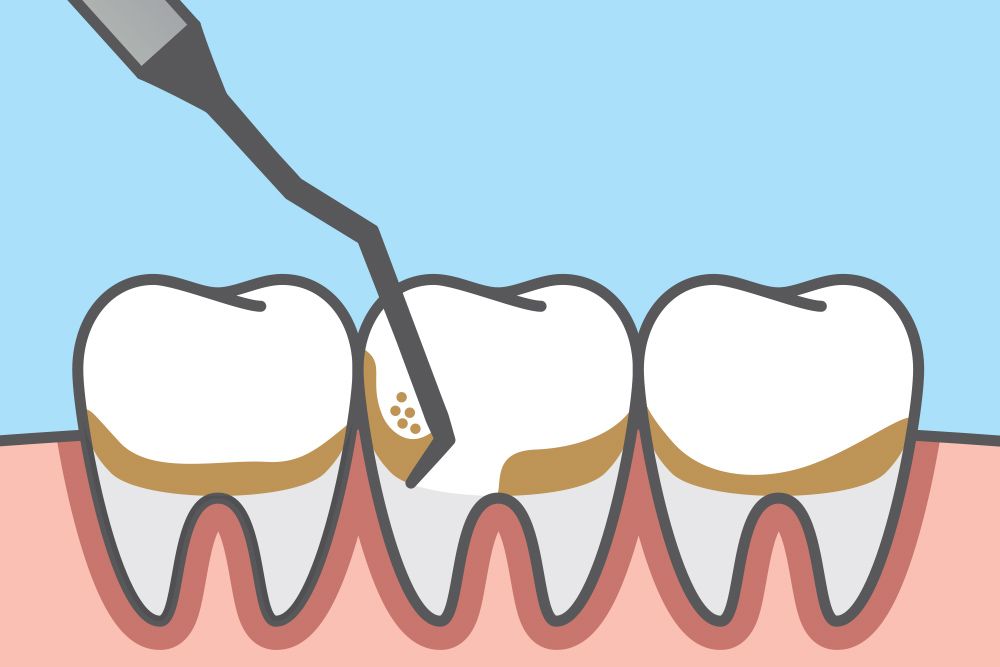Scaling & Root Planing Can Reverse Gum Disease
In its earliest stages, gum disease can cause uncomfortable and embarrassing symptoms. However, without timely treatment, it can lead to much more serious oral health problems. To protect your smile, the team at our dental office in Glastonbury, CT, can perform scaling and root planing, also known as a deep cleaning, to reverse the effects of gum disease at our practice. This non-surgical treatment is a quick and simple procedure that can have many benefits, including alleviating your symptoms and preventing your condition from escalating.

Do You need scaling & Root Planing?
The doctor will use a special tool to measure the depth of periodontal pockets around your teeth. If these are over four millimeters deep, a deep cleaning is usually recommended.
The Scaling & Root Planing Procedure
While patients typically only experience minor discomfort during treatment, we will first apply a local anesthetic to numb your gums to ensure you remain as comfortable as possible.
The treatment itself is a two-part procedure. First, we will perform the scaling. To begin, a special tool will be used to thoroughly and gently remove tartar and plaque that has accumulated below the gum line in periodontal pockets.
Next, we will smooth the tooth roots, a process known as root planing. This eliminates rough spots and encourages the gums to reattach to your teeth, closing the periodontal pockets where plaque and tartar can gather. By removing potential footholds for bacteria, root planing also reduces your risk of future reinfection.
Preventing an Infection
In some cases, the doctor will also apply or prescribe a medication, or mouthwash, to help prevent infection and promote healing.
"This non-surgical treatment is a fairly quick and simple procedure that can have many benefits including, alleviating your symptoms and preventing your condition from escalating."
What to Expect After Treatment
You can return to work immediately after your procedure. However, you may experience some:
- Discomfort
- Swelling
- Bleeding
These symptoms should resolve themselves after a few days. If they continue, reach out to your dentist as soon as possible.
Follow-Up Care
After a deep cleaning, we will usually schedule a follow-up visit to monitor healing. During your visit, your dentist will check the health of your gums and once again measure the depth of periodontal pockets.
In many cases, we are able to treat gum disease with a single scaling and root planing procedure. However, if the periodontal pockets have continued to deepen, you may need to undergo further treatment. Either way, we may also recommend that you schedule visits more frequently than the general bi-annual check-ups. Often, we ask that patients who have had gum disease visit us about every four months.
Maintaining a Healthy Smile
To prevent gum disease from returning, you should ensure you follow a thorough oral health routine, including:
- Brushing your teeth at least twice daily
- Flossing every day
- Use mouthwash
Additionally, avoiding smoking can help reduce your risk of gum disease.
Your Health is Our Priority
Our team takes pride in helping patients protect their smile with high-quality periodontal care. If you are experiencing bleeding or tender gums, or have not undergone a cleaning or exam in the last six months, contact us to schedule your consultation.


